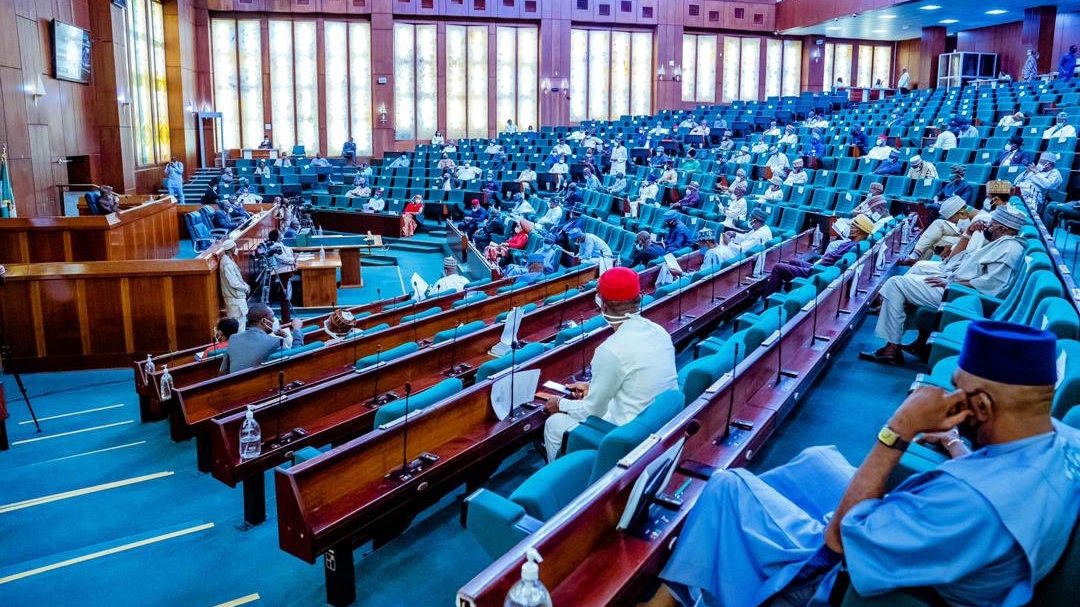The House of Representatives has raised serious concerns about an impending healthcare crisis in the Federal Capital Territory (FCT), calling for immediate government intervention to prevent a potential collapse of the system.
During Wednesday's plenary session, lawmakers adopted a motion sponsored by Nnamdi Ezechi highlighting the alarming strain on healthcare facilities in Nigeria's capital city. The motion detailed how government hospitals in the FCT are severely overstretched, resulting in critical shortages of bed spaces and medical personnel.
According to Ezechi, the FCT's population has grown significantly over the past two decades, but many existing government hospitals were constructed years ago with minimal expansion to accommodate the increasing demand for healthcare services.
"Patients in need of critical medical attention are often left unattended or subjected to long waiting hours due to the unavailability of hospital beds and limited capacity of existing facilities, leading to preventable loss of lives daily," the lawmaker stated.
The House expressed particular concern about the shortage of medical personnel, including doctors, nurses, and other healthcare workers, which further worsens the crisis by reducing the quality of care and increasing the burden on the available staff.
In response to these challenges, the House passed three key resolutions:
First, they urged the Federal Ministry of Health, in collaboration with the FCT Administration, to immediately assess the state of health facilities in the FCT to identify critical areas for expansion, upgrade, and resource allocation.
Second, they resolved to constitute an ad-hoc committee to conduct a comprehensive investigation into the current state of healthcare facilities in the FCT, with a mandate to submit a report within four weeks containing recommendations for improvement.
Finally, the House called on the Federal Government to declare a state of emergency in the FCT healthcare system, ensuring that emergency funds are released for hospital upgrades, recruitment of medical personnel, and acquisition of critical medical equipment.
The motion reflects growing concerns about the ability of Nigeria's healthcare infrastructure to meet the needs of its rapidly expanding urban populations, particularly in the Federal Capital Territory where residents from across the country seek medical services.
Health experts have previously warned that without significant investment in healthcare infrastructure and human resources, Nigeria risks facing more severe public health challenges in the coming years.













